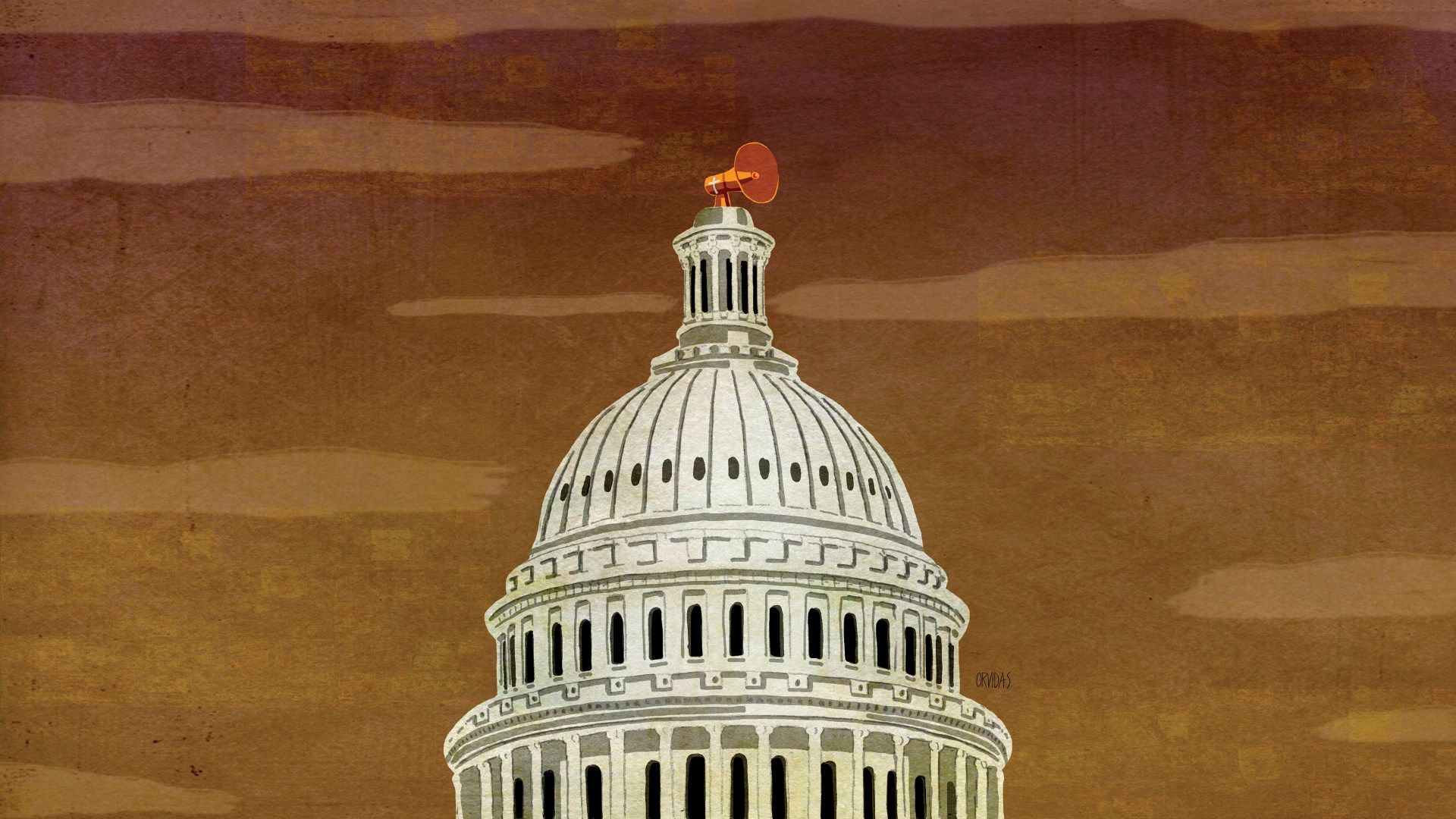Four years after the Obama administration created the Office of Religion and Global Affairs (RGA), Secretary of State Rex Tillerson wants to shut it down.
The office’s tasks—to advise State Department leaders on religion-related policy matters and to help diplomats navigate religious dynamics overseas—and its million-dollar budget should be moved under the Office of International Religious Freedom (IRF), according to a proposal laid out this fall.
The move is part of a bold attempt to “eliminate redundancies” and “create a more efficient State Department,” wrote Tillerson, who plans to cut the number of US special envoys and representatives from 66 to 30.
Some of the positions—including those for the Colombian peace process and Northern Ireland issues—would be dropped. But the IRF office would expand, absorbing not only the RGA office but also offices for religious minorities in the Middle East and Asia, the representative to Muslim communities, and the special envoy to the Organization of Islamic Cooperation. Those offices would bring 16 staff and $1.8 million to IRF, which has 23 positions and a $20 million budget.
“There’s no question that we always want to make the work as efficient as it can possibly be,” said Melissa Rogers, a scholar who previously led Obama’s Office of Faith-Based and Neighborhood Partnerships. “The question is, ‘Has [Tillerson] pursued that aim in the right way?’ ”
Shaun Casey, who launched the RGA office in 2013, sees it as “a disaster.” The religion offices were already streamlined, he said, but the biggest problem is that the two offices do totally different things. Though both have “religion” in the title, RGA’s job is religious engagement, while IRF’s is religious freedom.
But religious freedom and religious engagement are two sides to the same coin, said Chris Seiple, president emeritus of the Institute for Global Engagement and son of the first IRF ambassador-at-large. The two offices did good work separately, he said. And if they have to be combined, he’d rather see them under the protection of IRF’s congressional mandate.
“I’m excited there’s more opportunity to think about this holistically,” he said, “rather than having two separate offices on two different floors with two different means of access to a secretary.”
The IRF ambassador’s position reports directly to the secretary of state. But under Tillerson’s reorganization, the ambassador would instead report to the under secretary for civilian security, democracy, and human rights.
“While I’m supportive of efforts to streamline the State Department, that single move would undermine any positive steps they’ve taken,” Open Doors president David Curry said. “The position must answer to the secretary of state. There is no way to raise the profile and effectiveness [of religion] without that.”
Keeping IRF’s direct access is crucial, Seiple said. “If [the ambassador] is out there meeting with Tillerson and people on the Hill, that will change the dynamic domestically within Washington . . . and overseas,” he said. “And that’s good for people being persecuted.”
But that potential change doesn’t really bother Frank Wolf, the former veteran congressman whose name is on the 2015 act that boosted the ambassadorship. “The reporting maybe isn’t as important, as long as [the ambassador] gets to be in the secretary’s staff meetings,” he said. “Who is in them makes all the difference in the world.”
Overall, how the organizational chart is designed doesn’t matter as much as the person picked to run it, Wolf said. “You can have the best policy in the world, but if the wrong person is leading it, nothing happens.”
Wolf, who now advises the 21st Century Wilberforce Initiative, is excited about Trump nominating Kansas governor Sam Brownback as IRF ambassador. Brownback, a Catholic, is the first nominee to have political experience. He served in both the US House and Senate before being elected governor.
“You want someone who really, deeply cares. And Brownback does,” Wolf said. “I’d say [he] has been called to this job, knowing how he believes.”
Brownback was well-liked by both parties during the decades he was in Washington, Wolf said, which is important for the IRF office.
“It’s never been more needed,” Seiple said of religious understanding for policymakers. “Every headline is about religion. Our age is filled with advancing authoritarianism fueled by religious nationalism.”
Brownback’s past support of the International Religious Freedom Act and call for a US response to the genocide in Darfur were “superb,” he said. “We have every reason to be optimistic—to give him space to run and to offer support.”
Sarah Eekhoff Zylstra is a contributing editor at Christianity Today.










